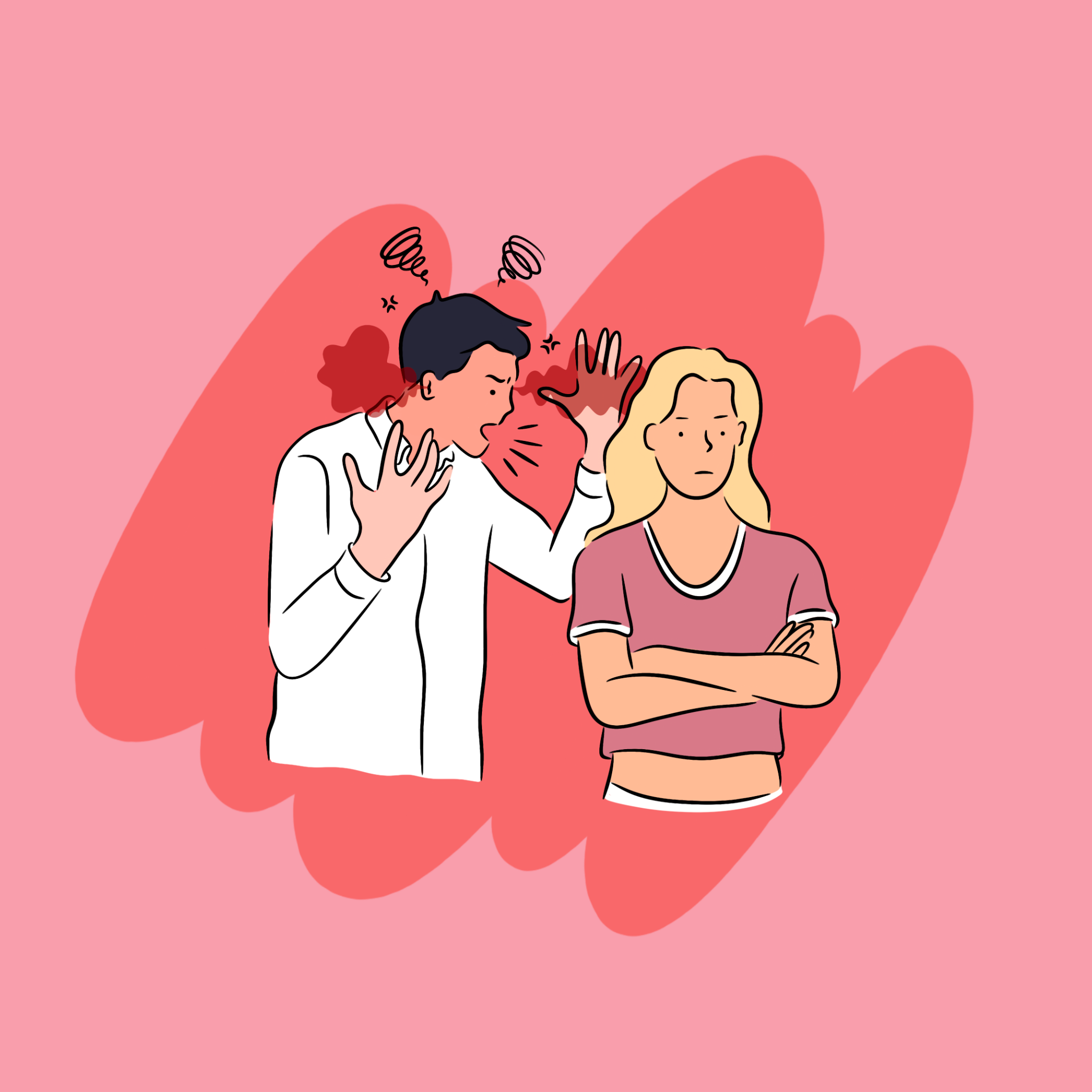We live in a world where wellness trends dictate so much about how we see ourselves. And one of the biggest trends right now? Libido supplements. These little pills and powders promise to boost desire and spice up your sex life—but do they actually work, or are they just a clever marketing ploy?
This whole topic is tied up with societal expectations, personal autonomy, and medical science. Women, in particular, have long been told that their libido needs to fit some kind of Goldilocks standard—not too high, not too low, but just right. That makes libido supplements a super tempting solution. But is a low sex drive always a bad thing? And when it is, are these supplements really the answer, or just feeding off our insecurities?
Do Libido Supplements Actually Work?
A lot of these supplements contain ingredients like maca root, ginseng, L-arginine, and fenugreek, all of which are linked to things like better circulation, hormone balance, and stress relief. Some studies suggest they might have a minor impact on libido, but others point to the placebo effect as the real MVP. The truth is, sexual desire is complicated. It’s about hormones, emotions, relationships, and so much more—so expecting a supplement to fix everything is a bit unrealistic.
The Bigger Picture: Mindset & Society
Women’s libido has often been treated as a problem that needs fixing. Stress, past experiences, relationship issues, and self-esteem all play massive roles in sexual desire. The idea that a simple supplement can override all of that is, well, kind of oversimplifying things.
And let’s not ignore the way these supplements are marketed. Men are told they need to "reclaim their masculinity," while women are encouraged to become more "desirable." The message? Your sexual satisfaction is about meeting someone else’s standards, not about what you want or need.
When Could Libido Supplements Actually Help?
Now, that’s not to say libido supplements are completely useless. If someone is dealing with hormonal shifts, menopause, or side effects from medication, the right supplement might help. Plus, if taking something makes you feel more confident and in control, that boost alone can be worth it. But these products should be seen as one piece of the puzzle, not a one-size-fits-all solution.
So, What’s the Verdict?
At the end of the day, libido supplements aren’t a magic fix for sexual struggles. Real sexual well-being comes from a mix of mental health, relationship dynamics, self-awareness, and, yes, sometimes a little biological support. If you’re considering a libido supplement, ask yourself: Am I looking for a quick fix for a deeper issue? Am I buying into unrealistic sexual standards?
Maybe the real game-changer isn’t a pill but a shift in how we think about desire—on our own terms, without pressure, judgment, or gimmicks.
References
-
Johnson, T. & Smith, R. (2020). The Science of Sexual Health and Wellness. New York: Academic Press.
-
Davis, M. & Lee, H. (2019). Hormones and Human Sexuality: A Psychological Perspective. Oxford University Press.
-
National Institute of Health (NIH). (2021). "The Effectiveness of Herbal Supplements in Sexual Health". Retrieved from https://www.nih.gov
-
World Health Organization (WHO). (2020). "Understanding Libido and Sexual Well-being". Retrieved from https://www.who.int








